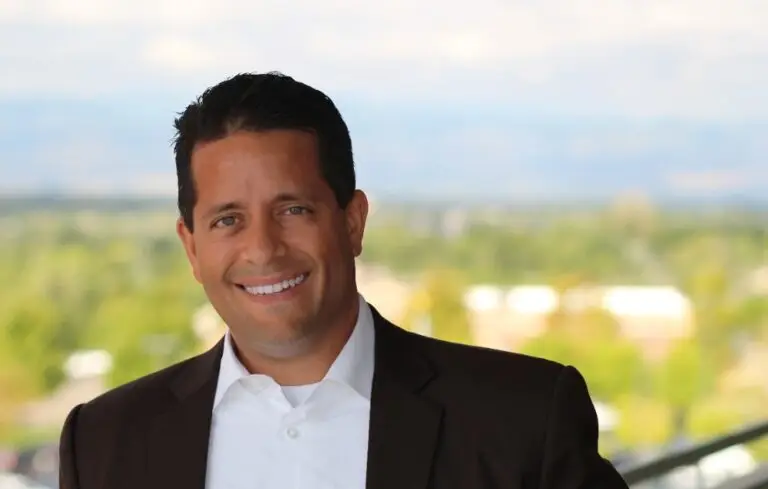Simply being a competent manager of your company’s current business doesn’t cut it in the corner office. If you can’t also innovate, your company will die. Rapid changes in technology mean new competitors are entering markets as existing competitors are trying new things, creating a challenging environment for 2013. While April saw a jump in CEO confidence of 9.5 percent – from 5.55 out of a possible 10 in March to 6.07, according to ChiefExecutive.net’s CEO Confidence Index – many CEOs are concerned about the business climate or have “deep uncertainty” about the economy. Winning CEOs will deal with both threats with clear strategies and by being ninja innovators – that is being cunning, agile and adaptive.
Ninjas were Japanese warriors who faced great odds but often won simply by being focused, motivated, trained and breaking existing paradigms. “Ninja innovation” is a term I coined to describe the mindset for how an individual, company or government can be like a ninja to conquer any challenge, whether it is a personal or business issue. It includes strategies like how to assemble a strike force, think outside the box and cultivate discipline.
Many CEOs already encourage ninja innovation. Take for example Amazon’s CEO Jeff Bezos, who recently released his annual letter to shareholders. In an admiring article, Henry Blodget of Business Insider wrote that all CEOs would be wise to take a page out of Bezos’ playbook, staying ahead of the curve on innovation to gain customer loyalty and create stability for the company into the future.
Successful CEOs have learned from the best teacher: failure. When failure is viewed as a positive teacher, risks can be taken and less effort and resources will be spent defending the status quo. Kim Kovacs, founder and CEO of OptionEase, goes so far as to encourage business students to fail in order to learn from their mistakes. Jeff Stibel, CEO of Dun and Bradstreet Credibility Corp, created a “failure wall” in his office to encourage employees to consider ways in which personal and professional failure actually helped them grow. Personally I can attest many of the biggest lessons I have learned were from really bad mistakes. More, I learned to welcome the occasional error, as it tempers the arrogance and smugness of repeated successes.
Ninja innovators understand Aristotle’s famous adage that, “The more you know, the more you know you don’t know.” This simply means that the more we educate ourselves, the more we realize that there is even more to learn. Ninja CEOs try to minimize unknowns and tap knowledge by asking lots of questions and issuing few edicts. As Ford Motor’s CEO Alan R. Mulally says, “You learn from everybody.” Adam Bryant, author of “The Corner Office,” highlights Mulally as a prime example of an executive who exhibits “passionate curiosity,” one of the five qualities he has pinpointed of effective leadership.
This is why CEO innovators should not only learn at every opportunity but view mentoring as a two-way education. Of course, mentoring is a joy and a responsibility, but by sharing with others, you are verbalizing your years of experience and improving your own emotional intelligence about how you tick and make decisions. According to the American Society for Training and Development, 75 percent of executives say their success is due at least in part to mentors, and 71 percent of Fortune 500 companies offer an internal mentoring program to workers. Mentoring, developing and teaching others are what ninjas do both as leaders and as learners.
A corollary to the value of mentoring is that you’re never too old or too successful to be taught yourself. Other than my wife and a few close friends, I am – and have been for a few years – mentorless. It’s an unsettling experience, particularly because I have been blessed with so many wonderful role models in my life. If anything, this realization has pushed me to continue sharing what I have learned through success and failure with others, who someday will be able to pass it on to an even younger generation.
As I counsel and mentor younger CEOs, I encourage them to never stop seeking guidance from others, even those not in their industry. After all, you never know what you can learn from a trusted outsider—someone whose only stake in your success or failure is based on pure friendship. Ninjas should never stop listening to others. Look for others to mentor, and never forget that you are where you are because someone helped you along the way.
In this era of rapid change and soft economies, ninja CEOs must be both students and teachers. When this happens, they can navigate, take risks and develop both personal and corporate innovation.
Gary Shapiro is president and CEO of the Consumer Electronics Association (CEA) the U.S. trade association representing more than 2,000 consumer electronics companies, and author of the New York Times best-selling books, “Ninja Innovation: The Ten Killer Strategies of the World’s Most Successful Businesses”and “The Comeback: How Innovation Will Restore the American Dream.” Connect with him on Twitter: @GaryShapiro.







